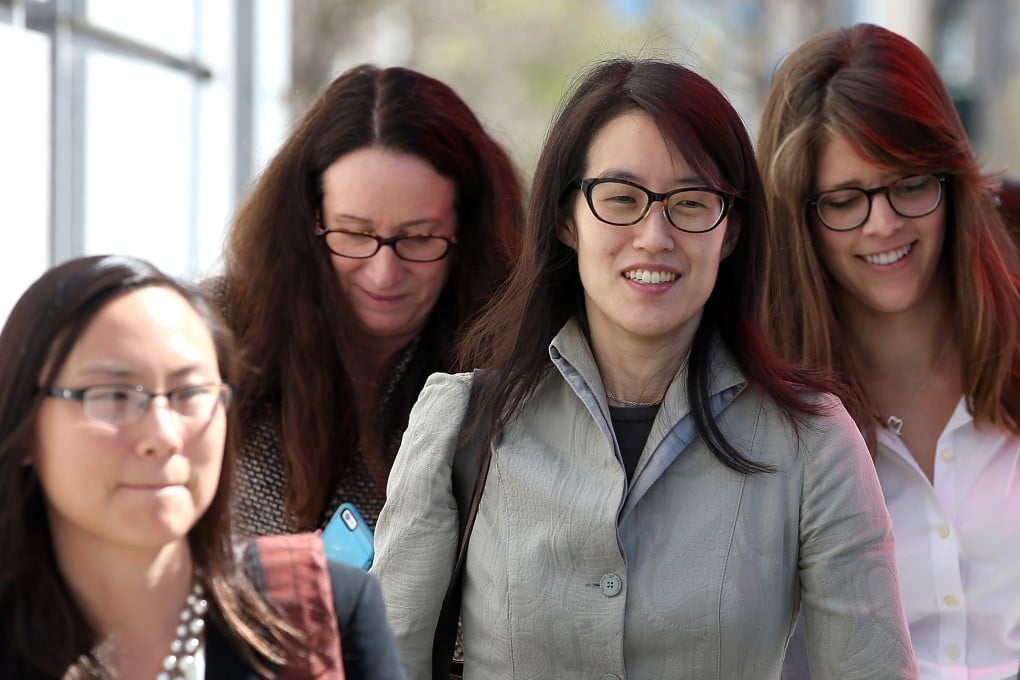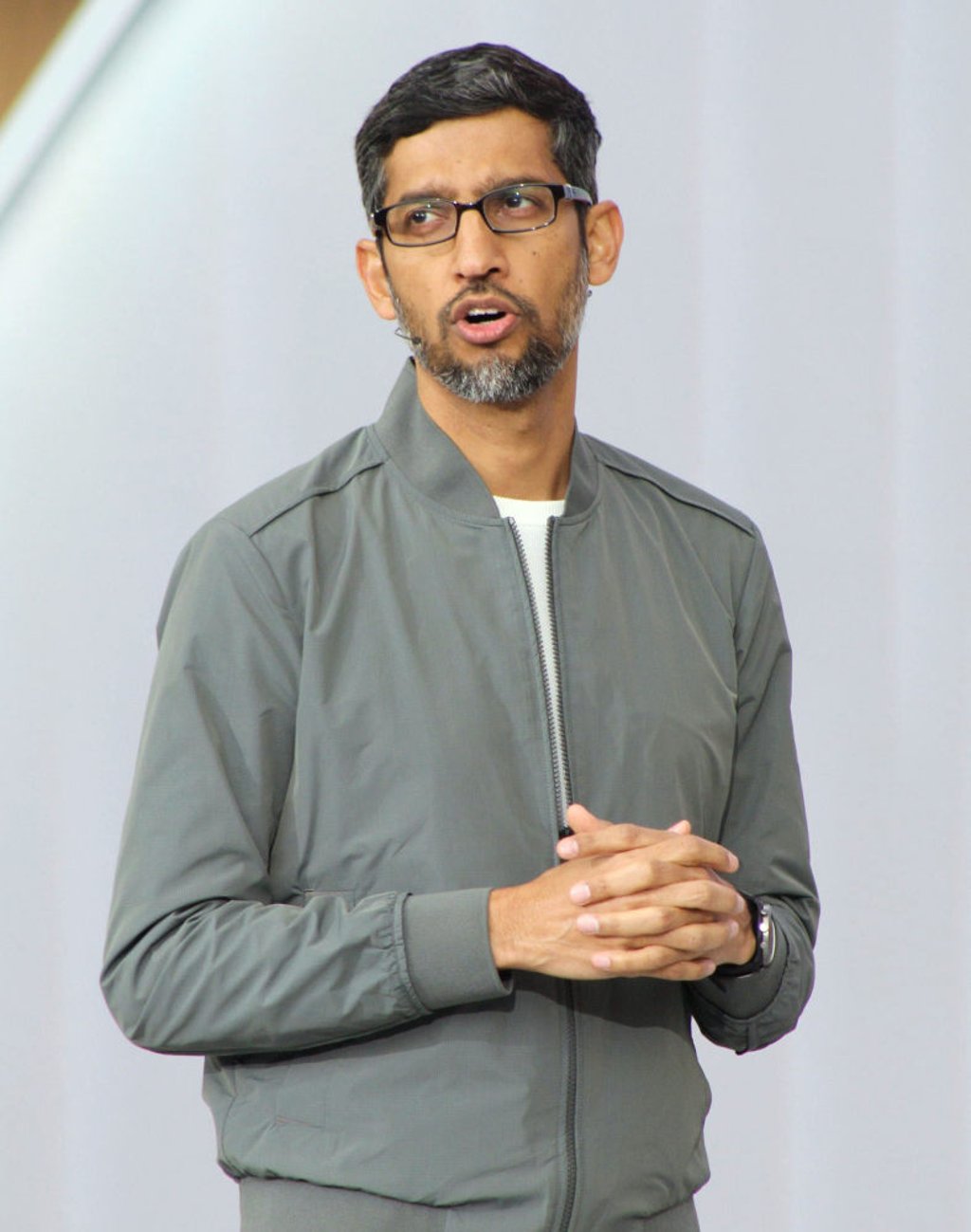How racism in Silicon Valley stops many Asian-Americans achieving their potential
- Many Asian-Americans in tech face subtle but constant discrimination. The industry claims to be ‘post-race’, but ‘there’s a wall you hit’, says one insider

Silicon Valley executives sometimes seem to believe they are proprietors of a post-racial paradise. The industry’s corporate campuses abound with immigrants, its investors say they like to bet on underdogs and its biggest companies preach the gospel of workplace inclusivity.
The demographics of Alphabet and its peers, of course, tell a different story: big tech companies employ few black or Hispanic workers, and almost none in technical or executive roles. On the other hand, there is some basis to see Silicon Valley (a tech hub in the United States) as a beacon of progress in the representation of Asian-Americans, who account for a quarter of the population in the San Francisco Bay Area of California.

And yet, even here – among workers who seem to have found significant success in the tech industry – the story is more complicated, and discouraging. Many Asian-Americans in tech, especially women, face subtle yet ever-present discrimination. It takes many forms: sexualised comments, assumptions based on stereotypes (“You must be great at programming!”), or performance reviews that seem to be more about identity than actual performance.
The racism starts at the earliest stages of their careers and builds as they break into middle management. It can be hard to escape, even for those who become executives.